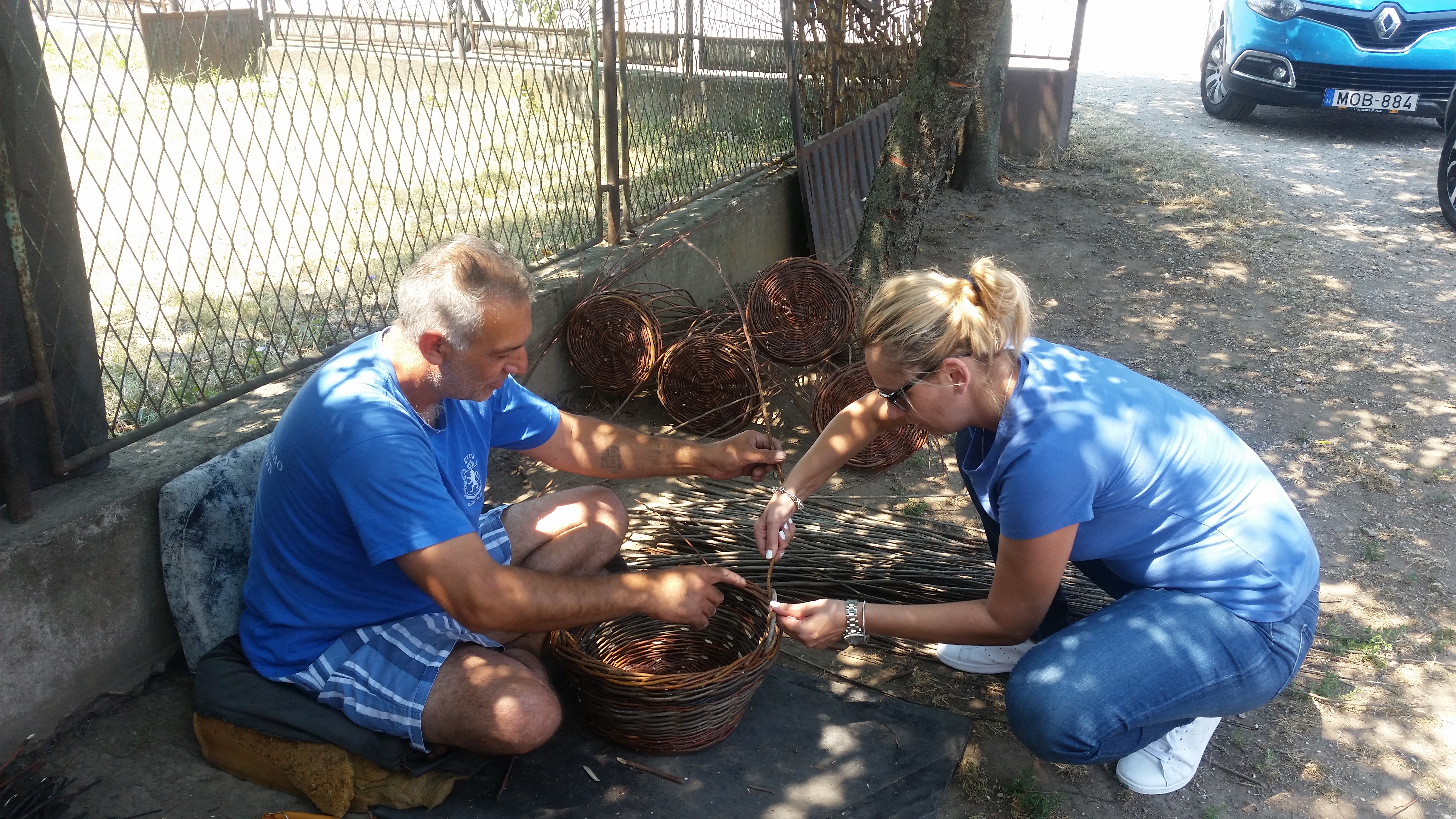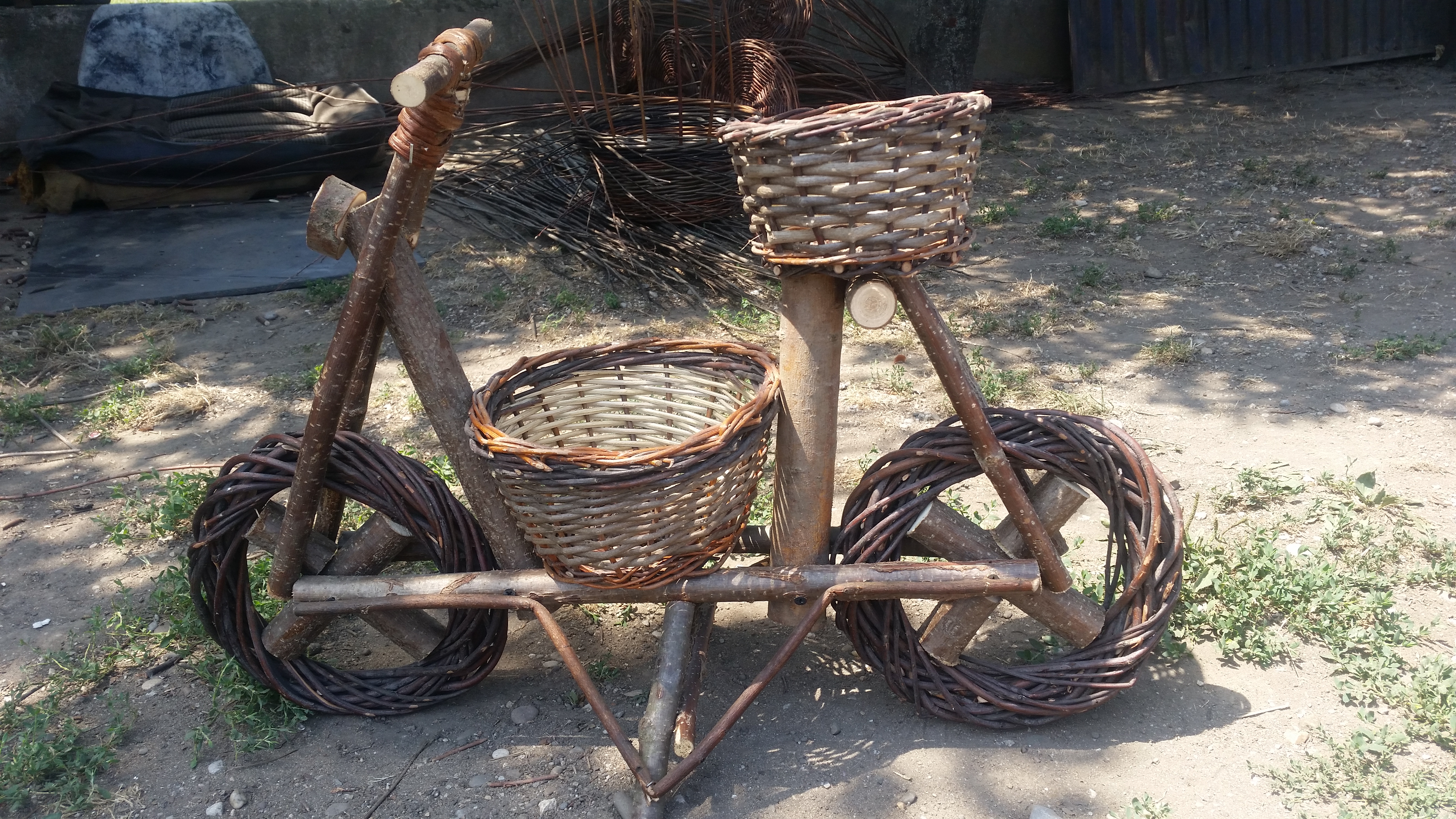RARE - Craftsman
09-08-2017
All his life, Milić Milivojević has been in handmade wickerwork, weaving willow baskets. It is a family work and tradition as well. Milić learnt craft from the elders, his father and grandfather. Today, he has the help of his wife, son and brother in law. Milić is well-known in Šabac (Western Serbia) as a weaver who makes the so-called “batara” baskets. He says that “the quality of these baskets is unsurpassed”. They are most often used in agriculture, but also as decoration in family houses and big supermarket chains.

As this is the only source of income for the Milivojević family, the certainty of the transaction and regularity of orders and payments are essential for sustainability of their family business.
Until recently, Milić worked illegally, i.e. his business had not been registered. All the transactions were arranged verbally and without a bank account, and all the payments made directly in cash. Everything relied on the verbal agreement and promises, which made his business insecure and unstable.
In order to register his business, Milić was supported through the Project Danube Basket financed by the Austrian Development Agency (ADA) through the Austrian company Eine Welt Handel (EWH), in partnership with ADRA Austria and ADRA Serbia.
On October 31 2016, with support of Know How Center experts, Milić registered his wickerwork shop and officially started working. Milić committed himself to fulfilling all the regulations and standards of business agreed with representatives of EWH. He is very happy and satisfied because of this, saying that now everything is safer and more predictable, and that he and his family will certainly benefit from his decision to register his business.
In order to avoid possible business uncertainty and potential debts, the cost-effective purchase orders were agreed with representatives of EWH for the upcoming period. Monthly minimum purchase order was determined through the six-month plan.
Through this project, the members of the Milić family have been given the opportunity to secure their livelihood, have a secure job and do everything legally.

